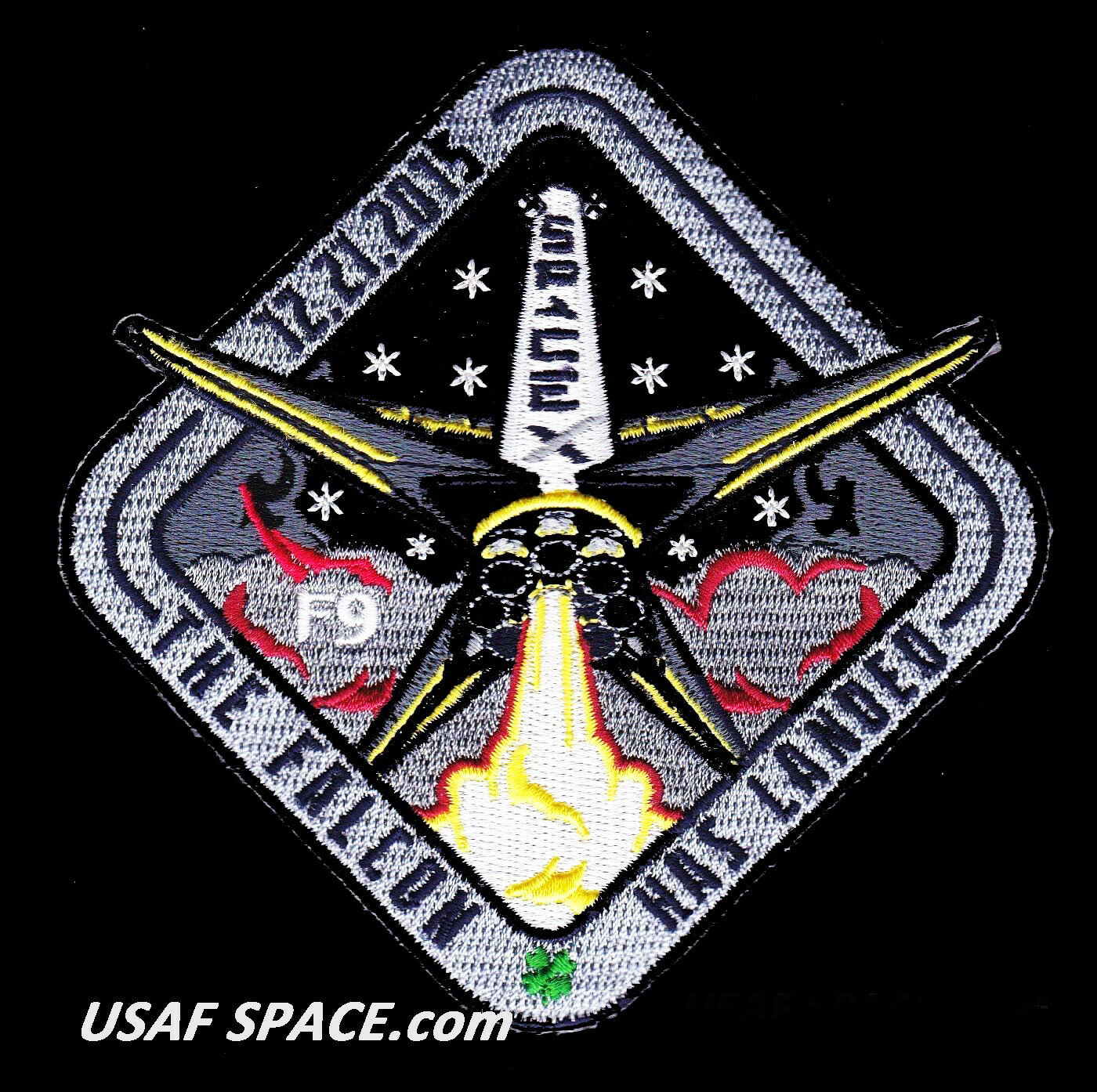-40%
GLOBULAR SPACE STAR CLUSTER MESSIER 5 IN THE MILKY WAY 8X10 PHOTO NASA
$ 4.17
- Description
- Size Guide
Description
GLOBULAR SPACE STAR CLUSTER MESSIER 5 IN THE MILKY WAY 8X10 PHOTO8 x 10 Inch Borderless Glossy Photo
PHOTOGRAPH DESCRIPTION
This photo taken on
May 2nd 2009 shows The globular cluster Messier 5, shown here in this NASA/ESA Hubble Space Telescope image, is one of the oldest belonging to the Milky Way. The majority of its stars formed more than 12 billion years ago, but there are some unexpected newcomers on the scene, adding some vitality to this aging population.
Stars in globular clusters form in the same stellar nursery and grow old together. The most massive stars age quickly, exhausting their fuel supply in less than a million years, and end their lives in spectacular supernovae explosions. This process should have left the ancient cluster Messier 5 with only old, low-mass stars, which, as they have aged and cooled, have become red giants, while the oldest stars have evolved even further into blue horizontal branch stars.
Yet astronomers have spotted many young, blue stars in this cluster, hiding amongst the much more luminous ancient stars. Astronomers think that these laggard youngsters, called blue stragglers, were created either by stellar collisions or by the transfer of mass between binary stars. Such events are easy to imagine in densely populated globular clusters, in which up to a few million stars are tightly packed together.
Messier 5 lies at a distance of about 25 000 light-years in the constellation of Serpens (The Snake). This image was taken with Wide Field Channel of Hubble’s Advanced Camera for Surveys. The picture was created from images taken through a blue filter (F435W, coloured blue), a red filter (F625W, coloured green) and a near-infrared filter (F814W, coloured red). The total exposure times per filter were 750 s, 400 s and 567 s, respectively. The field of view is about 2.6 arcminutes across.
PHOTOGRAPHER / CREDIT:
ESA / HUBBLE & NASA
This is a professionally printed photo printed directly from the credited source. We only sell the highest quality available and will replace or refund any unhappy customer.
Due to new ebay rules we can only accept Paypal. U.S.A. buyer to pay .99 for standard shipping. Priority shipping available for .95. Overseas and Canadian buyer please review the shipping rates below.
WE COMBINE MULTIPLE PURCHASES!
Messier_5_-_HST
Listing and template services provided by inkFrog









